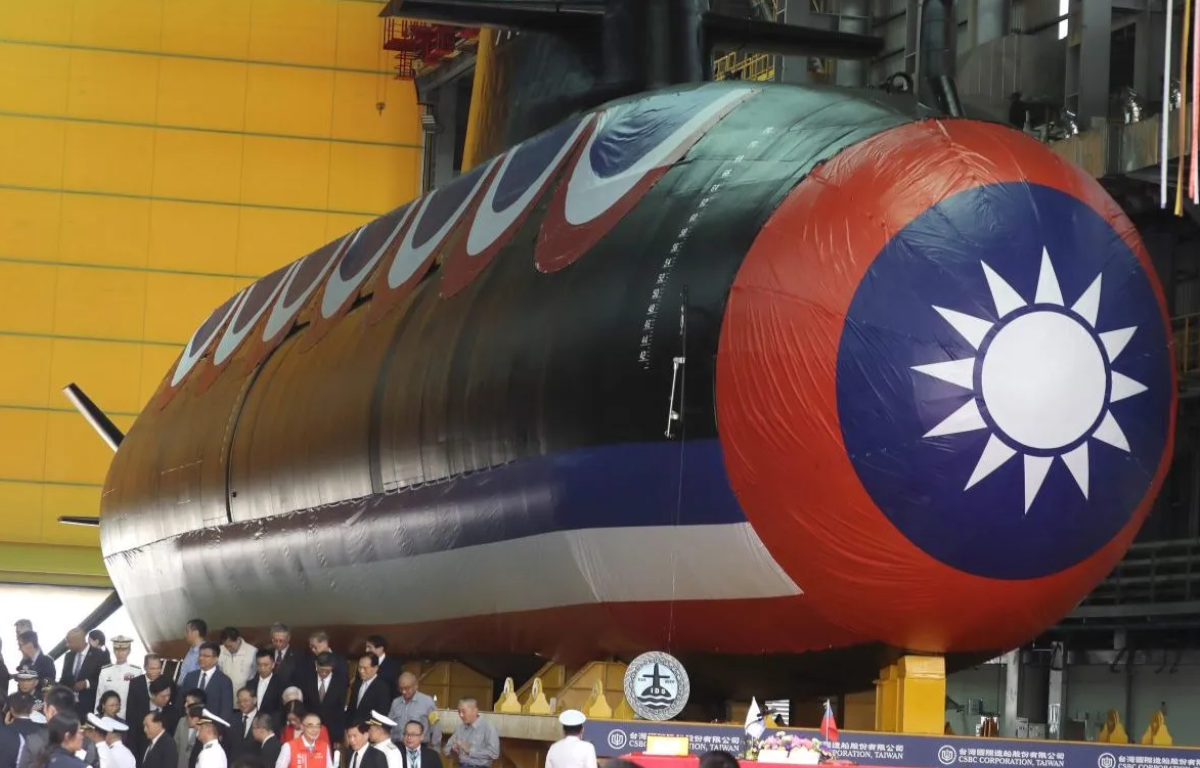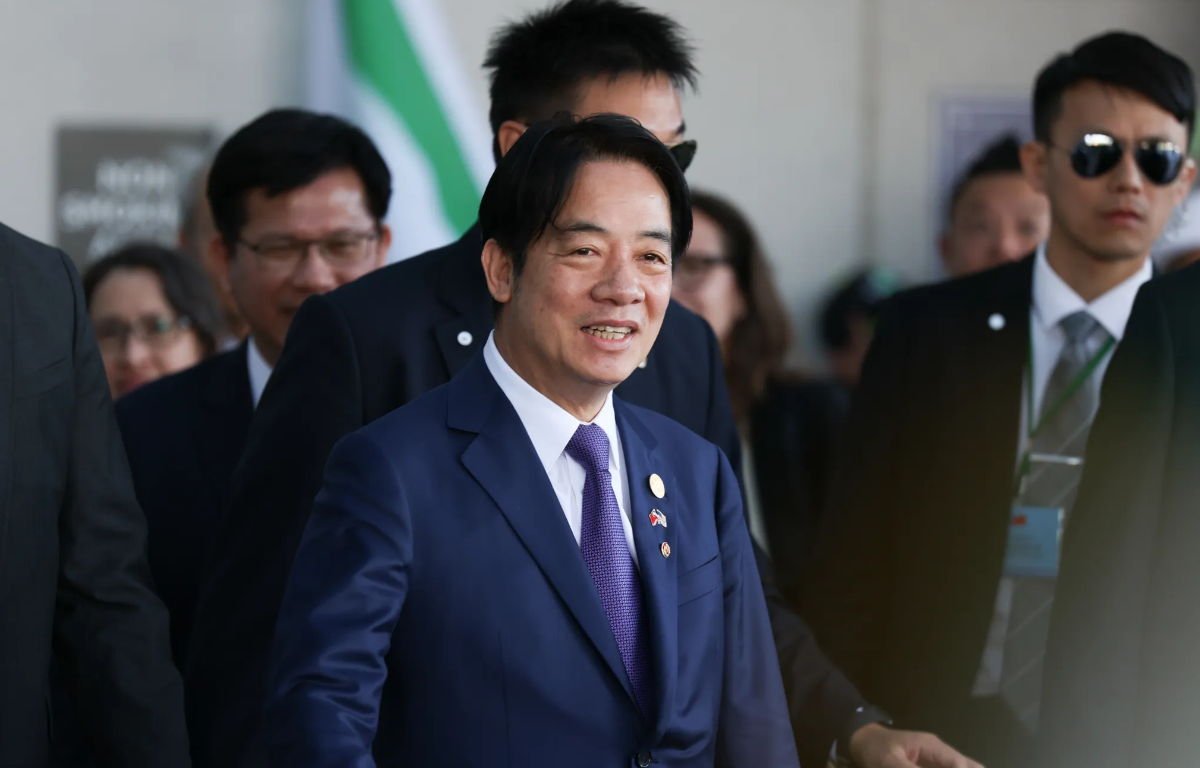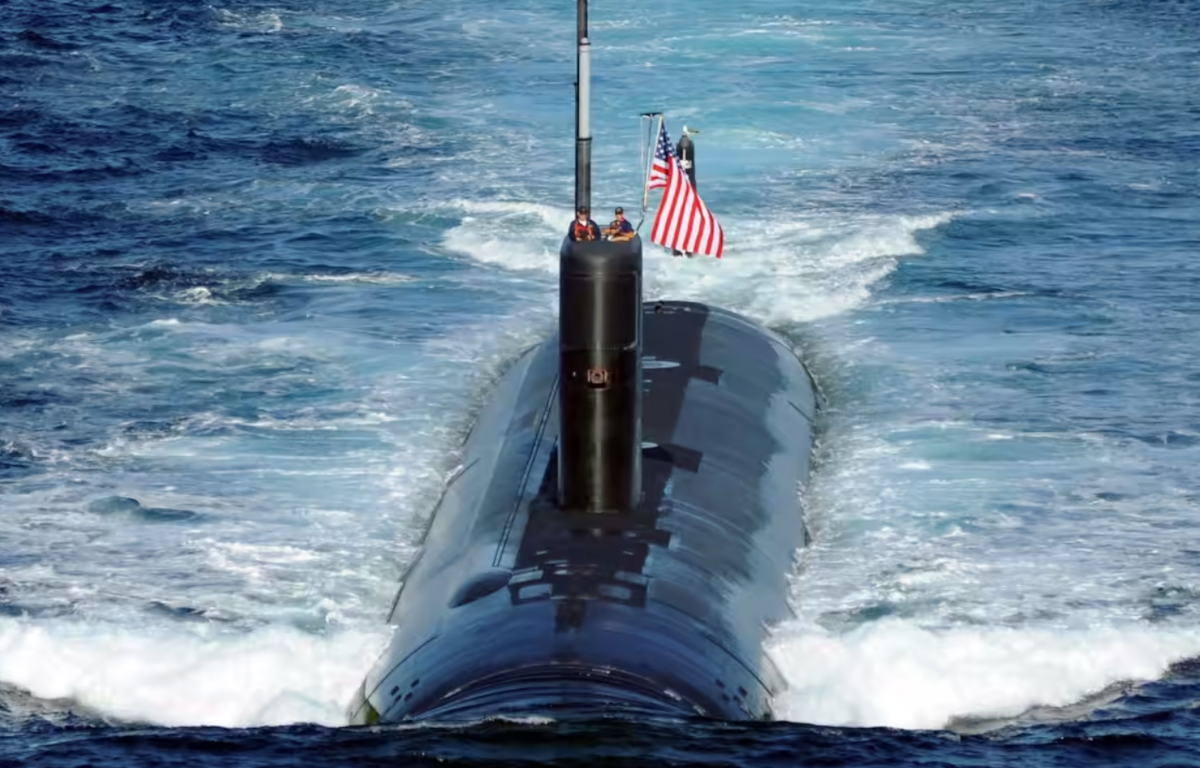
President Bongbong Marcos Jr. has denied reports that the Philippines is being used as a staging point for military action in the Indo-Pacific region, amid growing concerns about China’s assertiveness and the United States’ efforts to counter it.
President Bongbong Marcos Jr. emphasized the Philippines’ status as a neutral and non-aligned country and stressed the importance of maintaining peace and stability in the region. However, he also recognized the need for the country to modernize its military capabilities in order to defend its sovereignty and territorial integrity.
While China is a “vital partner” in the Philippines’ development, according to Marcos Jr., the prospect of a US military base in the country has been met with opposition from some quarters, who fear that it could lead to increased tensions with China and destabilize the region.
Despite these concerns, the United States has been seeking to establish a military presence in the Philippines as part of its efforts to counter China’s growing influence in the region. This has put pressure on the Philippines to modernize its military capabilities and potentially align itself with one of the major powers in the region.
As the situation continues to evolve, it remains to be seen what stance the Philippines will ultimately take. However, one thing is clear: the country cannot afford to be complacent in the face of the growing challenges posed by China’s assertiveness and the United States’ efforts to counter it.
In conclusion, while maintaining a neutral stance has been the Philippines’ historical position in international affairs, modernizing the country’s military capabilities and potentially aligning with one of the major powers in the region may be necessary to defend its sovereignty and territorial integrity. As the Philippines navigates this complex geopolitical landscape, it will be important to balance its interests and obligations to its allies while avoiding actions that could destabilize the region.









Share this: